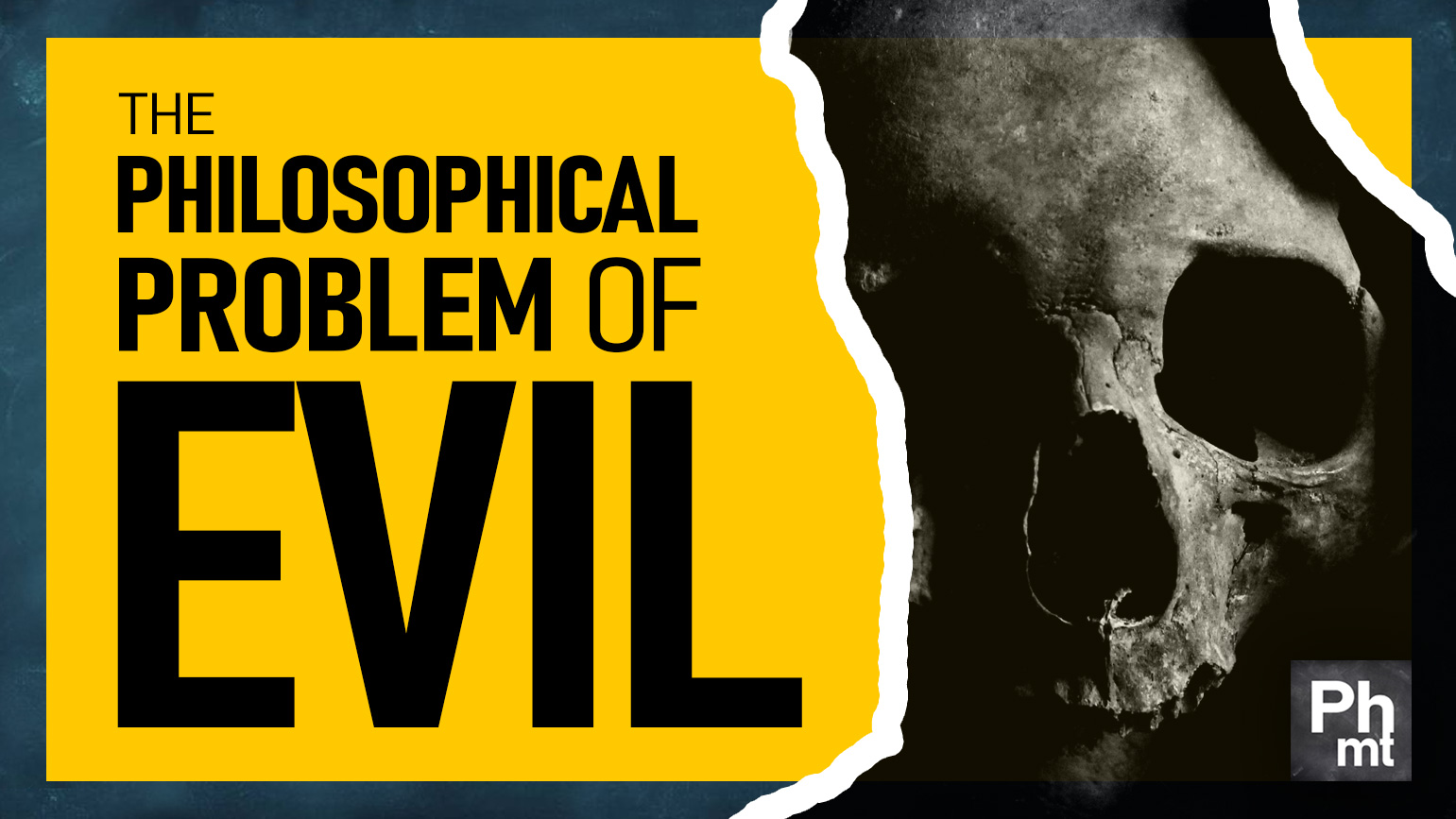What is the God paradox?
The Epicurean Paradox, also known as the “God Paradox” or “Problem of Evil,” is a logical argument that questions the nature of gods or a single God, in relation to the existence of evil and suffering in the world.
Epicurus (341-270 BCE) was an ancient Greek philosopher who founded the philosophical school known as Epicureanism. Epicureanism focuses on the pursuit of happiness and inner peace as the ultimate goal of human life, achieved through moderation, friendship, and the absence of fear and pain. He believed that the pursuit of happiness and inner peace was the ultimate goal of human life. One of his significant contributions to philosophy was the “Epicurean Paradox,” which deals with the problem of evil and the existence of gods.
The paradox can be summarized as follows:
- If God is omnipotent (having unlimited power or authority; all-powerful), then he has the ability to prevent evil.
- If God is omnibenevolent (being infinitely good or possessing perfect goodness), then he would want to prevent evil.
- If God is omniscient (having complete or unlimited knowledge, awareness, or understanding; all-knowing), then he knows how to prevent evil.
- Despite these attributes, evil still exists in the world.
- Therefore, God either lacks one or more of these attributes or does not exist.
This paradox presents a challenge to the traditional conception of God, as it seems difficult to reconcile the existence of evil and suffering with an all-powerful, all-good, and all-knowing deity. The God Paradox has been a subject of extensive debate among theologians and philosophers for centuries, with various responses and defenses proposed.
A paradox, in general, is a statement or proposition that, despite sound reasoning from acceptable premises, leads to a conclusion that seems logically unacceptable or contradictory. The Epicurean Paradox is an example of such a statement, as it challenges conventional beliefs about the nature of God and the existence of evil.
More about the problem of Evil
If you’re interested in exploring the Epicurean Paradox and the problem of evil further, there are several resources available to help you delve deeper into this intriguing topic. A great starting point is PhilosophyMT’s own video, “The Philosophical Problem of Evil”, linked below, which provides a clear and engaging introduction to the subject. For further reading, you might consider David Hume’s “Dialogues Concerning Natural Religion,” which discusses the problem of evil in a conversational format. Another insightful book is “The Problem of Pain” by C.S. Lewis, which offers a Christian perspective on the topic.
In addition to these resources, there are also several films that touch on the themes of religion, morality, and the problem of evil. “The Seventh Seal” (1957) by Ingmar Bergman is a thought-provoking exploration of faith and existentialism. “God on Trial” (2008) is a compelling drama that portrays a group of Auschwitz prisoners putting God on trial for allowing the Holocaust to happen





